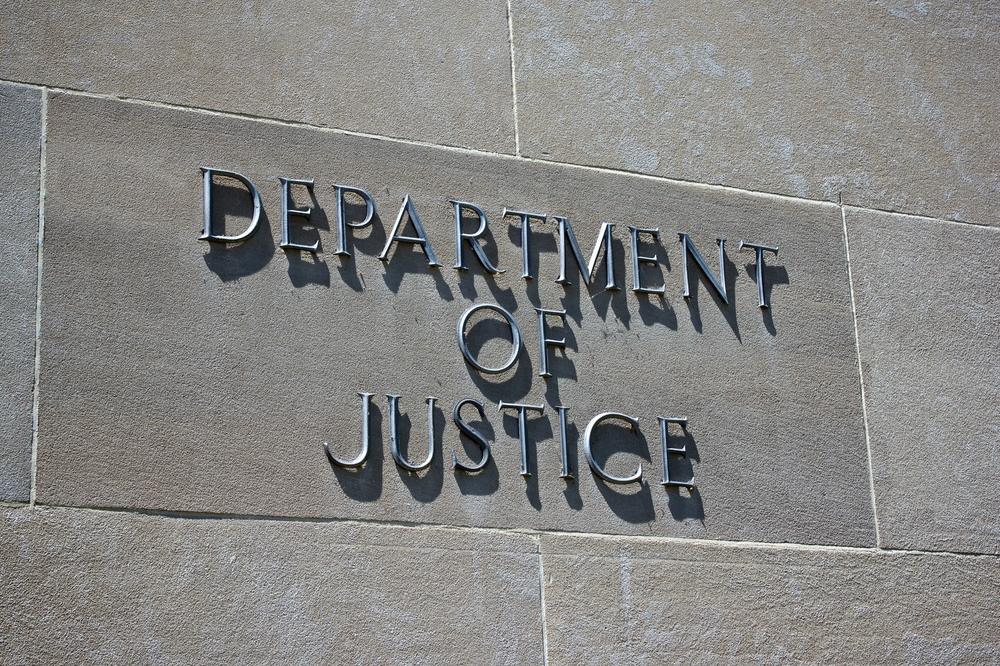How do you use the law to keep something unlawful a secret? This and related questions arise as more states legalize marijuana for medical use, recreational use, or both. As an illicit industry emerges from the shadows, competition and the substantial investments necessary to grow, package, and sell marijuana were bound to get rolled up in trade secrecy law at some point. READ MORE
Highly-Protected Secrets: Competitors Try to Keep Legal Secrets in the Quasi-Legal Marijuana Industry











